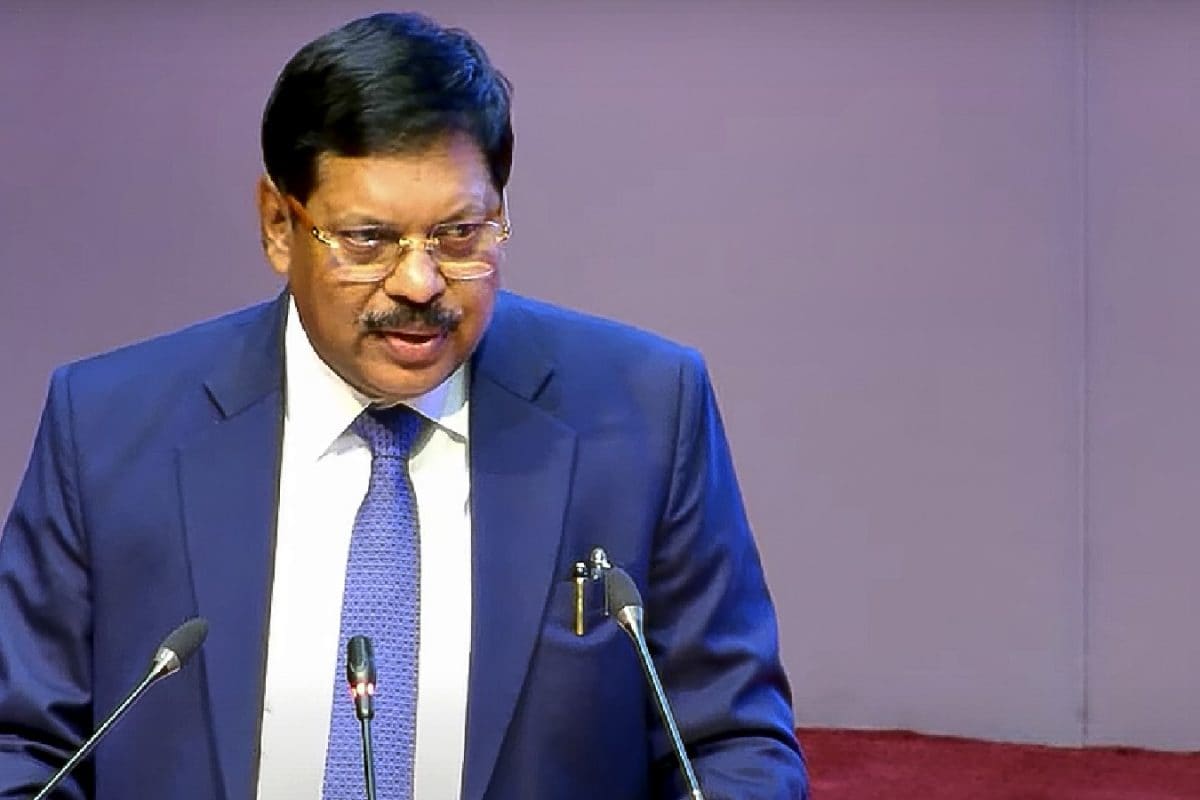

India's resilience in the face of various crises can be attributed to its Constitution, according to Chief Justice of India (CJI) B.R. Gavai. Speaking at a recent event at the Allahabad High Court, CJI Gavai emphasized the Constitution's role in maintaining the country's unity and strength during both peaceful times and periods of conflict.
CJI Gavai highlighted that the Constitution's framers, including Dr. B.R. Ambedkar, envisioned a document that would keep India united and strong, regardless of the circumstances. He pointed out that while some initially criticized the Constitution for being too federal or too unitary, Ambedkar clarified that it was designed to be neither, but rather a framework that would ensure the nation's stability.
Drawing a comparison with India's neighboring countries, CJI Gavai noted that India has made significant progress since independence, thanks to the guiding principles enshrined in the Constitution. He asserted that whenever the country has faced a crisis, it has remained united and strong, and this is largely due to the Constitution.
CJI Gavai's remarks underscore the importance of the Constitution as the supreme law of the land. He has previously stated that neither the judiciary, the executive, nor the Parliament is supreme; instead, it is the Constitution that holds the highest authority. All three branches of government must operate within the framework defined by the Constitution. He emphasized that the basic structure of the Constitution is strong, and all three pillars – the legislative, executive, and judiciary – are equal.
The Chief Justice also touched upon the concept of the 'basic structure doctrine,' which holds that certain fundamental features of the Constitution, such as its supremacy, the rule of law, and the independence of the judiciary, cannot be amended or abrogated by Parliament through a constitutional amendment. This doctrine, established in the landmark Kesavananda Bharati case, has been vital in ensuring that India remains a strong and resilient nation.
Furthermore, CJI Gavai has emphasized the importance of ensuring that justice reaches every citizen of the country. He stated that it is the fundamental duty of the legislature, the executive, and the judiciary to reach out to the last citizen who needs justice.
CJI Gavai's observations come at a time when there have been increasing discussions and debates about the role and interpretation of the Constitution. His emphasis on constitutional supremacy serves as a reminder of the importance of upholding the principles and values enshrined in the document. It reinforces the idea that the Constitution is not merely a legal document, but a social contract that binds the people of India together and ensures their coexistence with dignity, justice, and equality.
The CJI's comments also resonate with the broader theme of social inclusion and representation. As the second Chief Justice from the Dalit community, his appointment itself is a powerful symbol of India's commitment to embracing equity and promoting social justice. His journey to the highest judicial office reflects the progress the country has made in ensuring that caste identity is not a limitation but a source of strength and clarity.